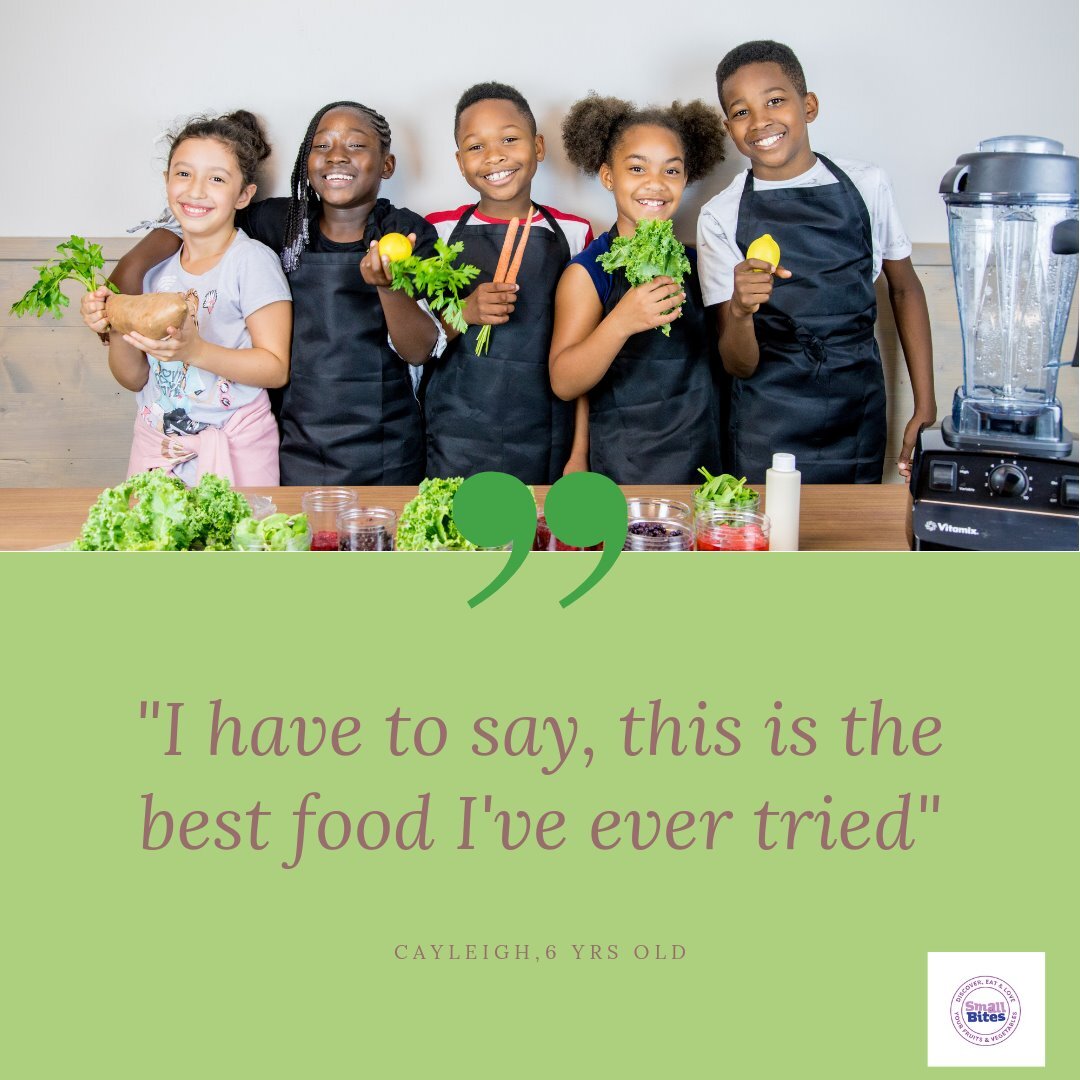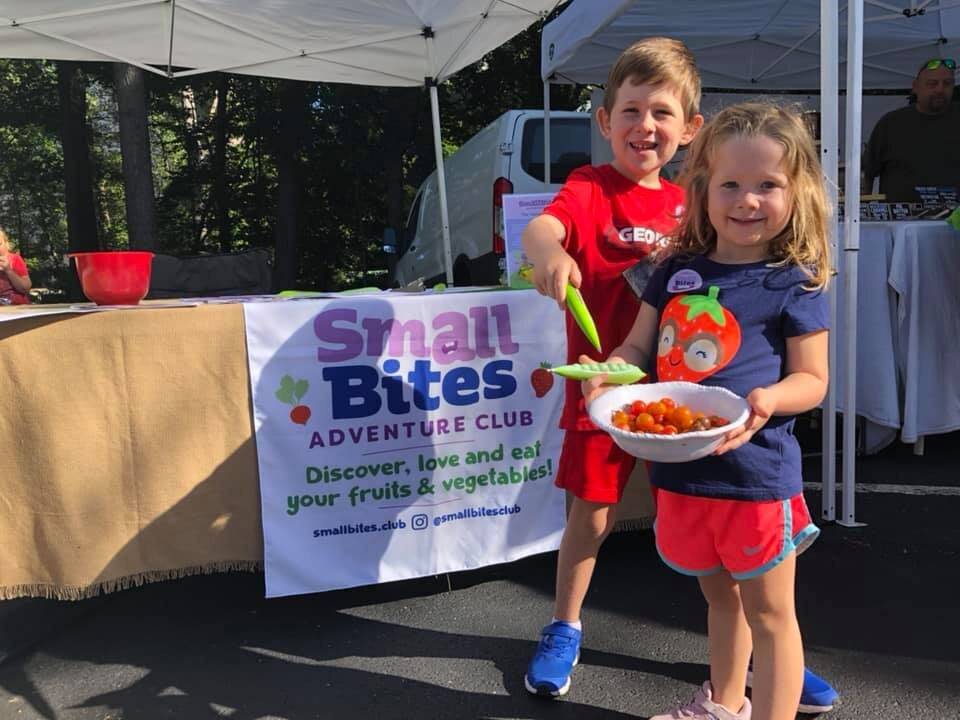By Mary Elizabeth Kidd
Welcome back to another year of conversations with farmers, chefs, community activists, and other food leaders around Georgia!
The year has been and continues to challenge, but our hope with the Atlanta Foodcast is that hearing from these incredible people will bring you inspiration. These are the leaders working hard to establish an equitable, regenerative food system for all Georgians.
On today’s episode, we’re connecting with a farmer-chef duo who participated in our Farm to Restaurant program’s Food Fight GA initiative: Chef Deborah VanTrece of Twisted Soul Cookhouse & Pours (www.twistedsoulcookhouseandpours.com/) and Howard Berk of Ellijay Mushrooms (ellijaymushrooms.com/).
Twisted Soul Cookhouse & Pours is located on the Westside of Atlanta and serves “globally-inspired Soul food with an emphasis on farm to table.” Chef VanTrece’s goal is to serve food that evokes memories and reflects comfort foods from around the world, inspired by her extensive travels.
Howard Berk, co-owner of Ellijay Mushrooms, where they grow Shiitake and Oyster mushrooms and are currently developing Lion’s Main and other varieties.
They discuss how a partnership like theirs—relatively close to home—was essential as the global food chain essentially broke down at the outset of the COVID-19 pandemic.
For Chef VanTrece and the Twisted Soul team, this was an essential time not only for the relationship with Ellijay Mushrooms, but also to work with additional farmers as the availability and proximity just made sense and has continued so to this day.
“Now I use more local farmers than ever before…this was the system that actually saved us, the relationship with farmers. We went through all sorts of different pivots, but one that was most important was being able to offer fresh, locally-grown vegetables; it was of major importance...It’s made me understand that my relationships have to continue to be strong with our local farmers. It’s a win-win for both sides when that happens. We as restauranteurs have learned how important our farmers are to the food chain of America.”
Chef VanTrece has a cookbook is on the horizon: “The Twisted Soul Cookbook: Modern Soul Food with Global Flavors,” available for pre-order now. To view the Twisted Soul menu and order pick-up, visit: www.twistedsoulcookhouseandpours.com/. Follow on social media at facebook.com/twistedsoulcookhouse/ and @twistedsoulcookhouse.
On the horizon for Ellijay Mushrooms: they are moving towards a zero-waste operations with composting for local farmers and, in the next few years, a U-Pick mushroom program, yoga at the farm, and more. Visit ellijaymushrooms.com/ to view their offerings and order for safe pick-up. Howard’s main ask? Support the restaurants that are buying from Ellijay Mushrooms (list available here). Follow on social media at www.facebook.com/EllijayMushrooms and @ellijaymushrooms.
In our second segment, we’re talking to Nicolas Donck & Jeni Jarrard of Crystal Organic Farm. Nicolas established Crystal Organic Farm over 27 years ago and the 175 acre farm, located about an hour outside of Atlanta, has been certified organic ever since.
We talk about how their business’ continual evolution, from serving some of Atlanta most renowned chefs such as Chef Gunter Seeger, to helping establish the Morningside Market, to now offering COVID-safe on-farm pickups, homeopathic remedies, and stress-relieving farm tours.
Throughout the farm’s existence, they have also committed to giving back as much and often as possible. They currently operate the Crystal Organic Farm Food Assistance Program, providing weekly fresh produce bags, at no cost, for members of their community. If you or someone you know is in need of food, contact Crystal Organic Farm (link here) or send them a message on social media.
To learn more about Crystal Organic Farm and shop, visit crystalorganicfarm.com/. Follow them on social media at facebook.com/crystalorganicfarm/ and @crystalorganicfarm.
For our recurring Gardening with Farmers, Nicolas is sharing his expertise on winter gardening for the cold months.
Thank you for joining us for another season of The Atlanta Foodcast! Be sure to subscribe, rate, and review us wherever you listen to podcasts. We also encourage you to Stay Local this year and support their work. You can learn more about the Georgia Organics Stay Local campaign at georgiaorganics.org/staylocal.
Mary Elizabeth Kidd is the Communications Director at Georgia Organics. To learn more about Georgia Organics, visit www.georgiaorganics.org and follow us on Instagram @GeorgiaOrganics, Twitter @GeorgiaOrganics, and at www.Facebook.com/GeorgiaOrganics.

























































